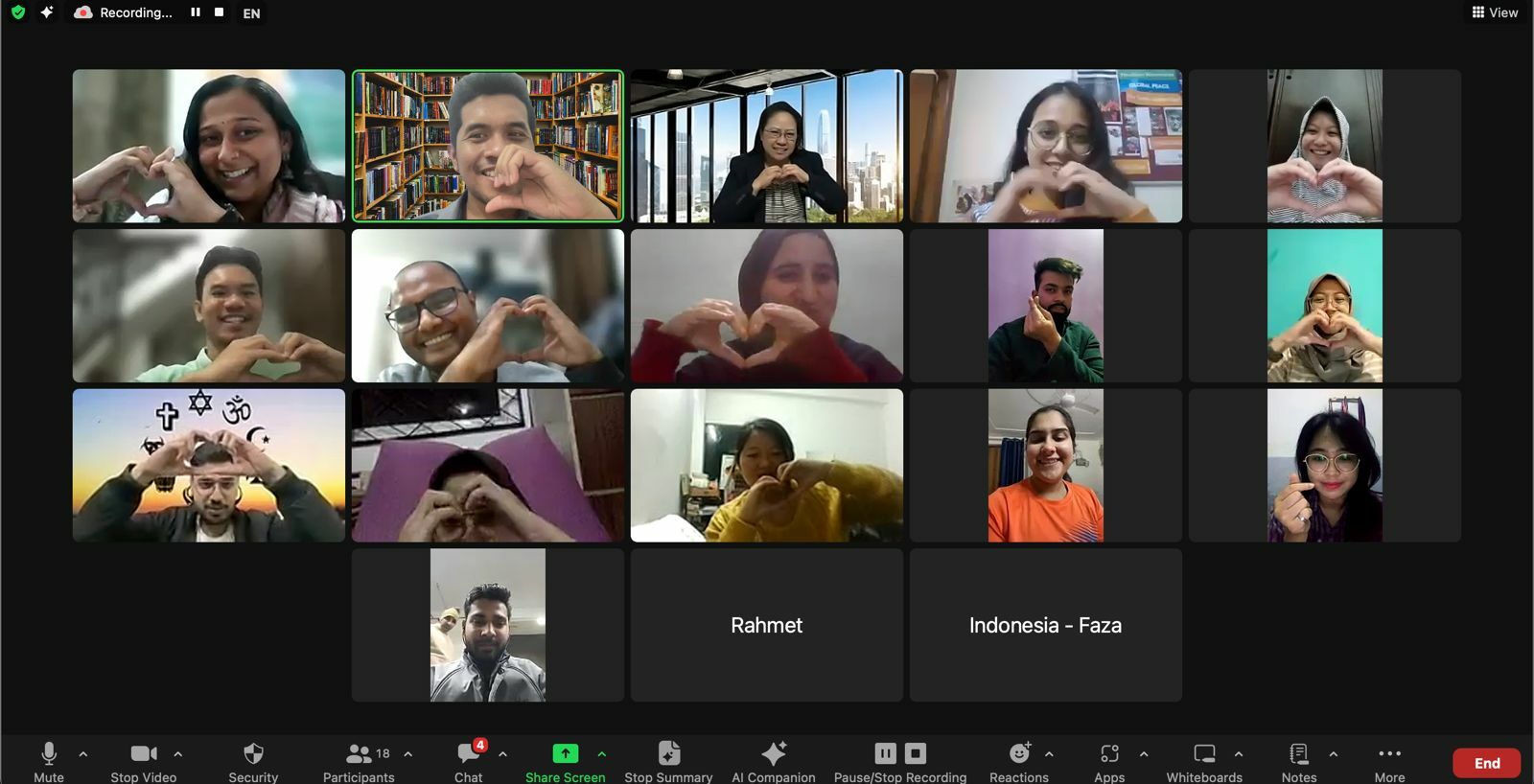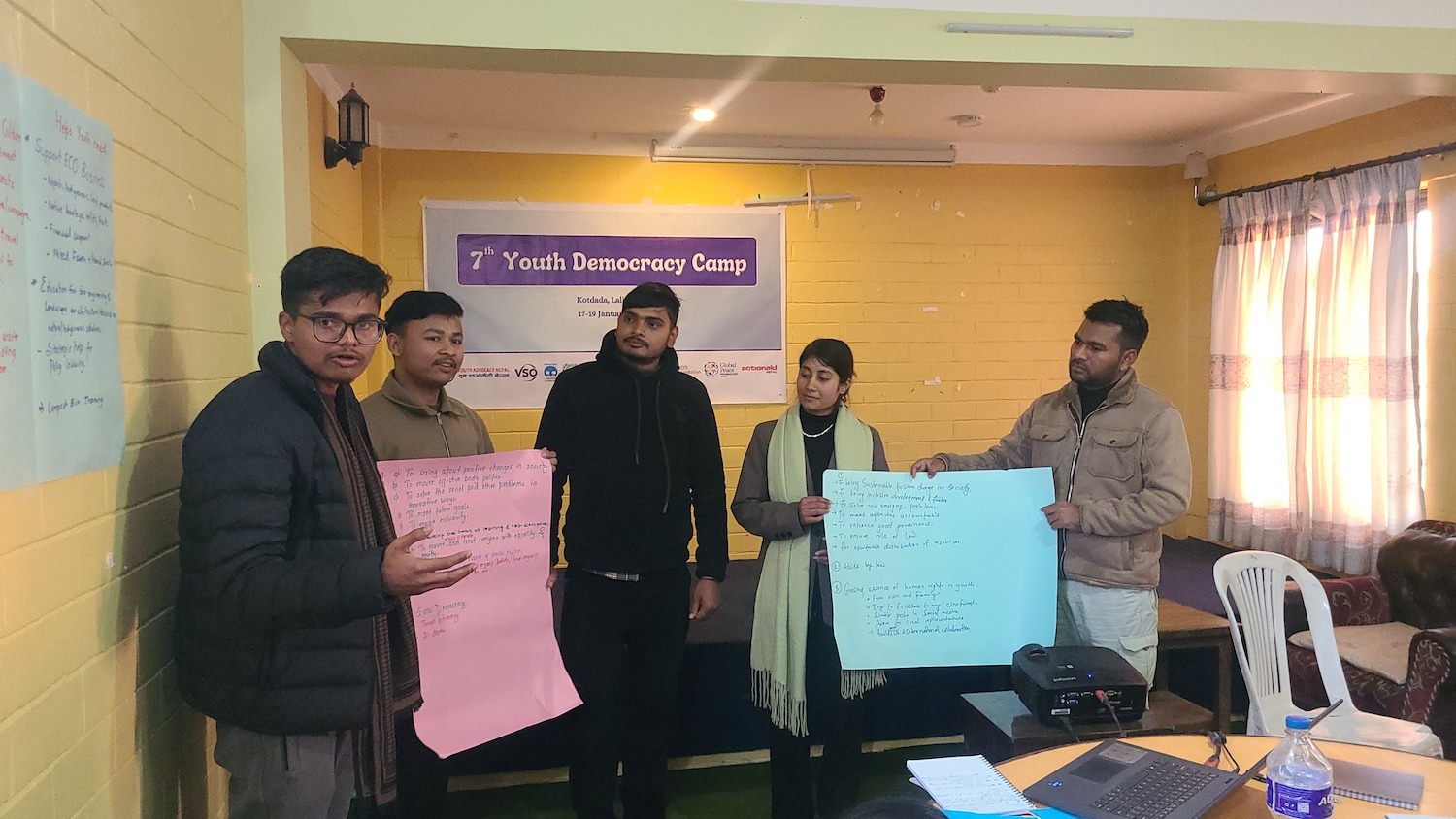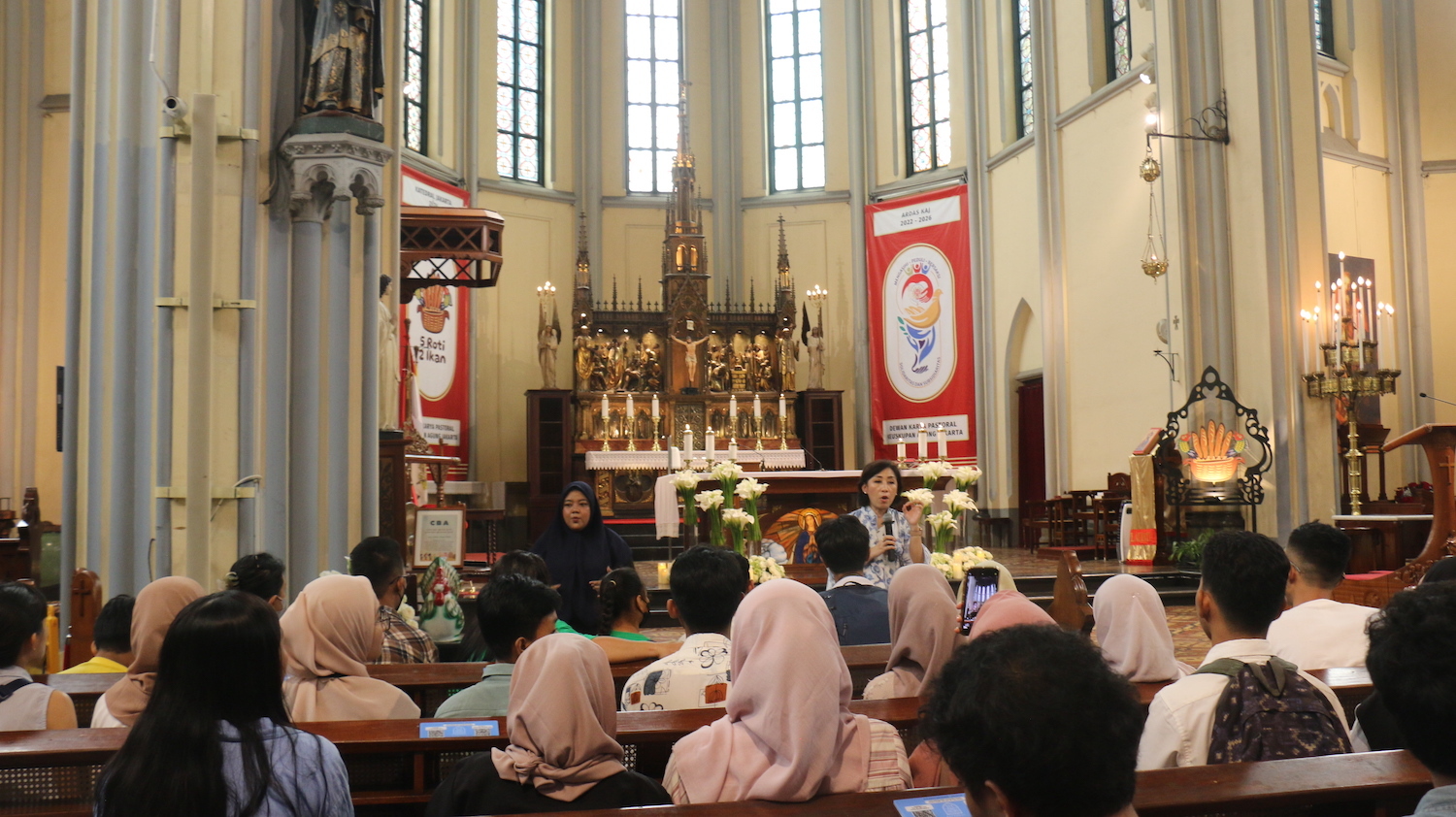“I am not an advocate for frequent changes in laws and constitutions, but laws and institutions must go hand in hand with the progress of the human mind. As that becomes more developed, more enlightened, as new discoveries are made, new truths discovered and manners and opinions change, with the change of circumstances, institutions must advance also to keep pace with the times. We might as well require a man to wear still the coat which fitted him when a boy as civilized society to remain ever under the regimen of their barbarous ancestors.”-Thomas Jefferson
This quote is etched in the Jefferson Memorial that graces the banks of the Potomac River in Washington D.C.
In his letter to Samuel Kercheval, Thomas Jefferson, author of the Declaration of Independence and a founding father of the United States, gave precedence to universal values and principles as the impetus for human progress and the benchmark for the constitution.
Indeed, the founding fathers of the United States revolutionized the laws of the land based on “self-evident” truths they put into writing when they signed the Declaration of Independence.
Having gone through the process of instigating change to uphold the new understandings of the time, the architects of the United States made the government and its constitution flexible so it could adjust to the ever-growing insights into these truths.
A special workshop during the most recent International Young Leaders Assembly hosted at the National Constitution Center in Philadelphia, PA, drew upon the global significance of the Declaration of Independence and the U.S. Constitution. One of which is this underlying principle that human institutions are beholden to uphold universal truths that precede them.
It was a significant dialogue that focused on shared values rather than differences. Kevin McCarthy, Director of Education, Global Peace Foundation USA told participants, “I think we need to move from our titles that divide us and focus on the universal principles and values that bind us.” Speakers and participants concluded that good leadership ensures the search for deeper understanding and application of these universal principles.
IYLA participant Naomi Yakawich reflected, “We live in a constantly changing world, but no matter how many years pass, integrity and morality in leadership is what inspires real change.” Rev. Malcom Byrd, Director of Philadelphia’s Mayor’s office of Faith-based Initiatives described such clear and public minded leadership as a calling. He said, “My life is a gift given to me by the Source not for my selfishness.”
During times of uncertainty, morally grounded leadership with an unwavering commitment to the public interest can serve as a moral compass. Mr. McCarthy pointed out, that it doesn’t take hundreds of such leaders, it only takes a few. He said, “It starts with a few moral people who pursue an idea that’s time has come.”
The upcoming Global Peace Leadership Conference in Arlington, Virginia, USA is a crucial forum that will convene such leaders to seek deeper understanding of universal values and shared aspirations as a starting point for consensus and cooperation.
The phrase, “E Pluribus Unum,” or “Out of many, one” emblazons the United States’ seal. This nation is an ongoing experiment of weather humanity can uphold the God-given dignity and fundamental rights of every person while ensuring cohesion as a nation.
Not only the United States, but the world stands at a crossroads where it can fray into many different fragments or discover common ground upon which it can rise stronger reinforced by the unique and powerful fibers of its diverse peoples.
We look forward to the outcomes of the conference, and the reflection of the universal truths that have and will continue to drive us forward.



